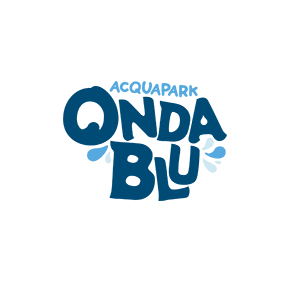In the Mediterranean gallery visitors will find a tank that reproduces a small
posidonia (
Posidonia oceanica), a marine plant typical of the Mediterranean Sea with an essential
ecological role for the protection and stabilization of the coasts from the activity of sea erosion.
Its long sheets slow down the wave motion; its branched roots instead consolidate the seabed. It also acts as a nursery, hosting different species for reproduction and offers shelter from predators to many species in the juvenile state.
Guests of these basins are species such as, the Damselfish and the Swallowtail seaperch, tomatoes and sea urchins. In a large pool dedicated to ana animals, visitors can admire the brown grouper that swims along with specimens of Mediterranean moray.
This gallery there is also a bath dedicated to invertebrates, the coralligenic environment of the Mediterranean Sea. These are gorgines belonging to the genus Paramuricea and Eunicella. These specimens, often confused with plants, are real animals belonging to the group of coelenterates (jellyfish and corals). They live on the walls, in colonies made up of single units (polyps), and are usual eating plankton transported by the currents. In the tub with them the wonderful longspine Snipefish (Macroramphosus scolopax) and the Boar fish (Capros aper), species of depth from the unusual form.


 it
it















